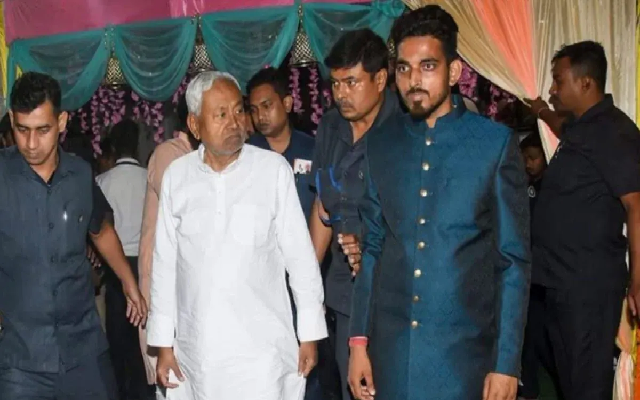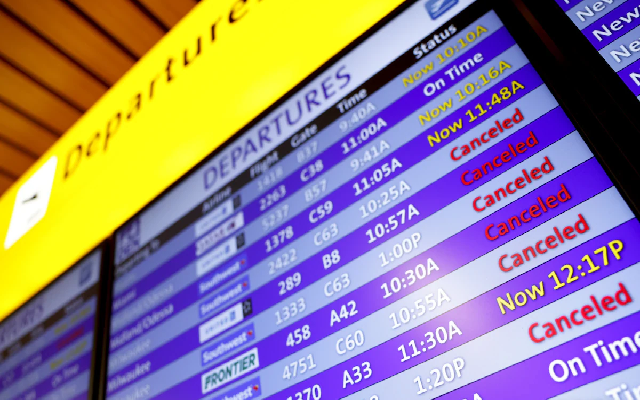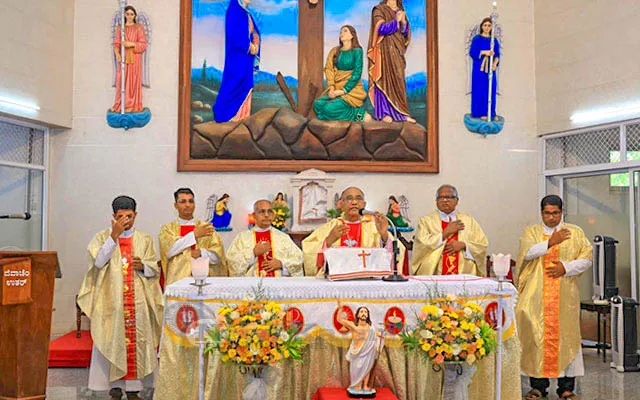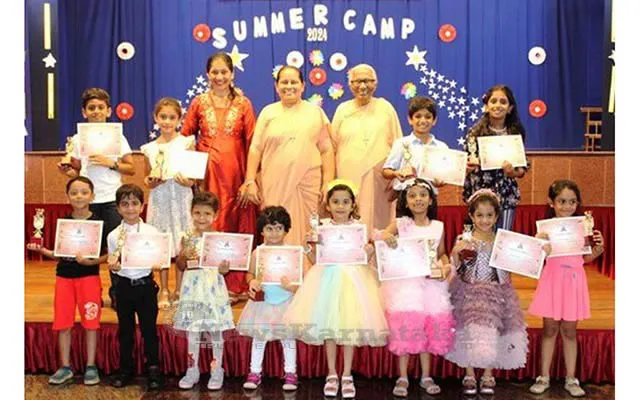 Ahmedabad : Senior police officer Parikshita Rathod who was the first officer to investigate the “encounter” case of Ishrat Jahan and three others, told the CBI that suspended IPS officer D G Vanzara had told her that there was no need for ballistic examination of their weapons.
Ahmedabad : Senior police officer Parikshita Rathod who was the first officer to investigate the “encounter” case of Ishrat Jahan and three others, told the CBI that suspended IPS officer D G Vanzara had told her that there was no need for ballistic examination of their weapons.
“D G Vanzara had directed me that there was no need to collect documents like logbooks, because police officers concerned are witnesses and they have stipulated what they have done and so there is no need for it,” Rathod told CBI in her testimony.
“Similarly,Vanzara had said that the police firing had been admitted and so there was no need for ballistic examination of their weapons,” she added.
“I had also orally asked investigating officers of crimes of previous encounters, who told me that weapons fired by police officers in those cases were also not sent for ballistic examination during investigation. Forensic Science Laboratory (FSL) had also not suggested during their visit to the scene of the crime that police officers weapons should also be sent to the FSL for examination,” she said.
Rathods testimony is a part of the chargesheet filed by the central investigation agency in a special CBI court here during the first week of July, in connection with the Ishrat Jahan “encounter” case which the CBI has termed as “fake”.
Regarding why she did not obtain Call Data Records (CDRs) of police officers involved in the incident, she said “I state that the work regarding CDRs was being done under the guidance of Vanzara and G L Singhal”.
“Leads available from CDRs were given to me by senior officers and I called for CDRs of numbers given to me by Singhal. I had not made a personal comparative study of either requirements for or the inferences drawn from the CDRs,” she said.
To a statement that the affidavit filed by Rathod in reply to an application filed by Ishrat Jahan’s mother in the Gujarat High Court, seeks to infer and conclude issues which appear to be overstatements, she told the CBI that the affidavit was drafted by the then public prosecutor as per Vanzara’s advice.
“I had filed the affidavit as per the officer’s directions. It has been suggested to me that the affidavit at several places seeks to infer and conclude issues which appear to be over statements,” she said.
“I clarify that such was not my intent, but happened because of the drafting as per directions given by Vanzara and drafted by the public prosecutor,” Rathod, who is now Superintendent of Police (Intelligence), Gandhinagar, told the CBI.
She stated that Vanzara and then Crime Branch Joint Commissioner of Police (JCP) P P Pandey, had told her that the incident was a genuine police encounter and that it involved a larger Lashkar-e-Toiba (LeT) motive.
“Because of such directions and also because I was subject to supervision and directions of the same officers, my focus during the period of investigation was unearthing the larger anti-national terrorist conspiracy,” she added.
Nineteen-year-old Ishrat Jahan, Javed Sheikh alias Pranesh Pillai, Zeeshan Johar and Amjad Ali Rana were gunned down by the Gujarat police on June 15, 2004 on the outskirts of the city and the police had claimed that they were terrorists who wanted to assassinate Narendra Modi.
















